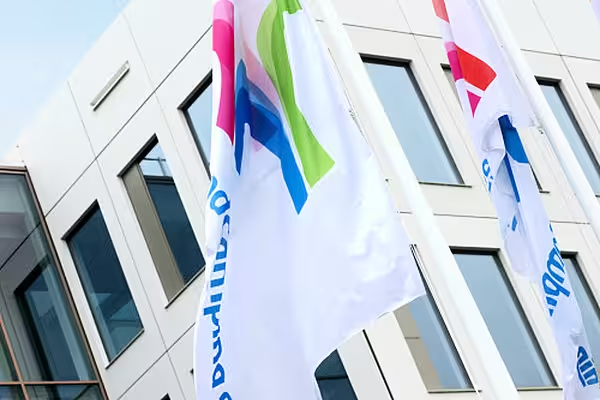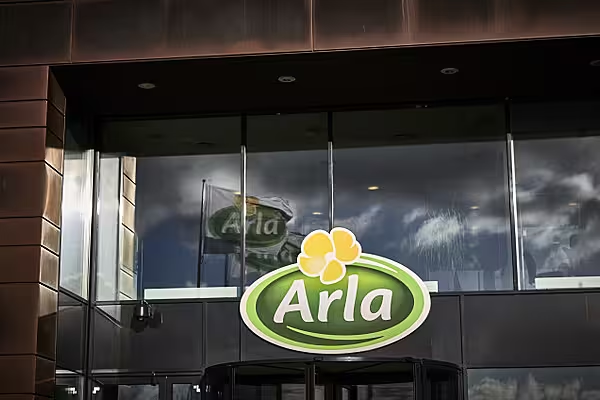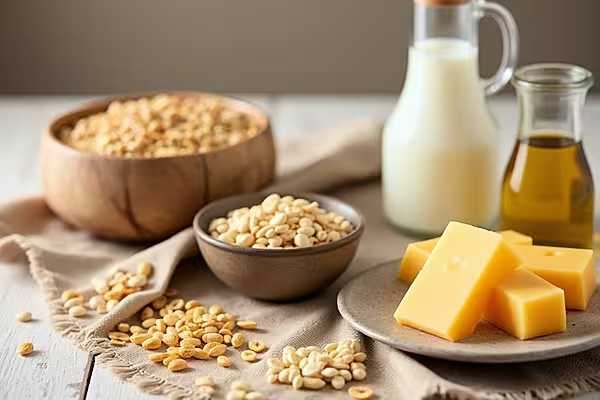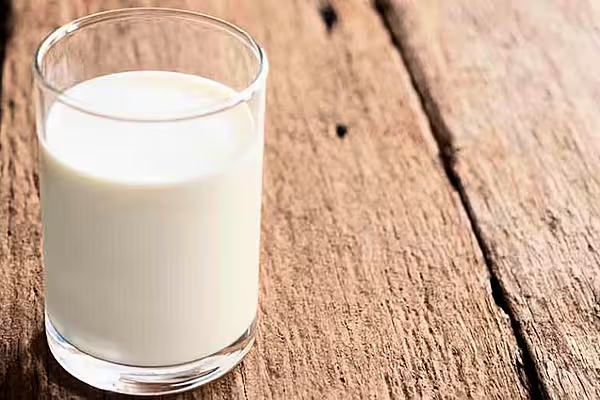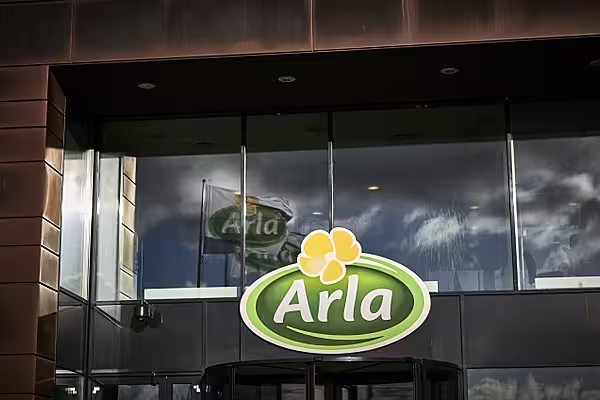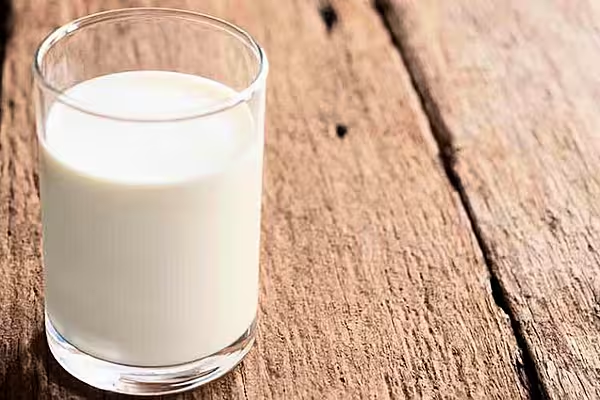Dairy firm FrieslandCampina has posted an 18.6% growth in operating profit to €210 million in the first half of its financial year from €177 million in 2018.
The Dutch dairy giant's revenue remained unchanged for the period at €5.7 billion.
Growth Drivers
The company attributed the good performance to increased sales of value-added products, particularly cheese.
The reduced milk supply in the Netherlands contributed to improved profit following a decline in the production of its loss-making, basic dairy products like butter and milk powder.
The company's profits rose to €121 million euros, up 11.0%, from €109 million euros in the first half of 2018.
'Cautious Optimism'
Hein Schumacher, CEO Royal FrieslandCampina N.V., said, "These results show a positive impact from the changes initiated last year and are a reason for cautious optimism.
"After a strong finish in 2018, our consumer business experienced continued growth in a challenging market, and our market shares and margins improved," he added.
The firm reported strong growth in Africa and positive momentum in Asia.
In China volumes stabilised due to challenging market conditions and the constrained supply of several key ingredients.
Other Highlights
Net cash flow from operating activities increased to €195 million during the first half of the year from €186 million in the same period in 2018.
The pro forma milk price for member dairy farmers over the first half of the year increased by 3.2% to €37.90 per 100 kilograms of milk, exclusive of VAT, from €36.74 in the first-half of 2018.
Milk supply to FrieslandCampina dropped 5% year on year to 268 million kilograms, partly because of members who left the cooperative.
The factors include the implementation of phosphate-related restrictions on cows, limited feedstocks due to last year's drought, and an increase in prices of animal feed.
Outlook
FrieslandCampina expects the prices of dairy components to remain volatile in the coming months.
The company will aim for continued growth in value-added products and strengthen its market shares in the branded-dairy category.
However, the company feels that costs and restraints in production that are making it hard to fully meet market demands will have an impact on its full-year results.
© 2019 European Supermarket Magazine – your source for the latest retail news. Article by Dayeeta Das. Click subscribe to sign up to ESM: European Supermarket Magazine.
